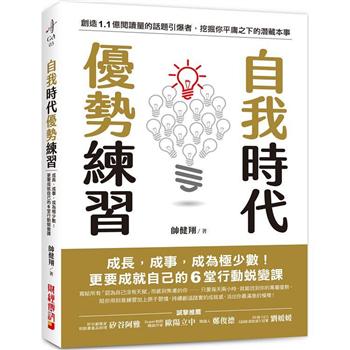In any age, humans wrestle with apparently inexorable forces. Today, we face the threat of global terrorism. In the aftermath of September 11, few could miss sensing that a great evil was at work in the world. In Flannery O��onnor�� time, the threats came from different sources��orld War II, the Cold War, and the Korean conflict��ut they were just as real. She, too, lived though a ��ime of terror.��The first major critical volume on Flannery O��onnor�� work in more than a decade, Flannery O��onnor in the Age of Terrorism explores issues of violence, evil, and terror��hemes that were never far from O��onnor�� reach and that seem particularly relevant to our present-day setting.
The fifteen essays collected here offer a wide range of perspectives that explore our changing views of violence in a post-9/11 world and inform our understanding of a writer whose fiction abounds in violence. Written by both established and emerging scholars, the pieces that editors Avis Hewitt and Robert Donahoo have selected offer a compelling and varied picture of this iconic author and her work. Included are comparisons of O��onnor to 1950s writers of noir literature and to the contemporary American novelist Cormac McCarthy; cultural studies that draw on horror comics of the Cold War and on Fordism and the American mythos of the automobile; and pieces that shed new light on O��onnor�� complex religious sensibility and its role in her work.
While continuing to speak fresh truths about her own time, O��onnor�� fiction also resonates deeply with the postmodern sensibilities of audiences increasingly distant from her era��eaders absorbed in their own terrors and sense of looming, ineffable threats. This provocative new collection presents O��onnor�� work as a touchstone for understanding where our culture has been and where we are now. With its diverse approaches, Flannery O��onnor in the Age of Terrorism will prove useful not only to scholars and students of literature but to anyone interested in history, popular culture, theology, and reflective writing.
| FindBook |
有 1 項符合
Flannery O’connor in the Age of Terrorism的圖書 |
 |
Flannery O’connor in the Age of Terrorism: Essays on Violence and Grace 作者:Hewitt 出版社:Univ Tennessee Press 出版日期:2011-12-09 語言:英文 規格:平裝 / 392頁 / 22.6 x 15.2 x 1.8 cm / 普通級 |
| 圖書選購 |
| 型式 | 價格 | 供應商 | 所屬目錄 | $ 1797 |
日曆/明信片與設計商品 |
|---|
| 圖書館借閱 |
| 國家圖書館 | 全國圖書書目資訊網 | 國立公共資訊圖書館 | 電子書服務平台 | MetaCat 跨館整合查詢 |
| 臺北市立圖書館 | 新北市立圖書館 | 基隆市公共圖書館 | 桃園市立圖書館 | 新竹縣公共圖書館 |
| 苗栗縣立圖書館 | 臺中市立圖書館 | 彰化縣公共圖書館 | 南投縣文化局 | 雲林縣公共圖書館 |
| 嘉義縣圖書館 | 臺南市立圖書館 | 高雄市立圖書館 | 屏東縣公共圖書館 | 宜蘭縣公共圖書館 |
| 花蓮縣文化局 | 臺東縣文化處 |
|
|
圖書介紹 - 資料來源:博客來 評分:
圖書名稱:Flannery O’connor in the Age of Terrorism
內容簡介
|











